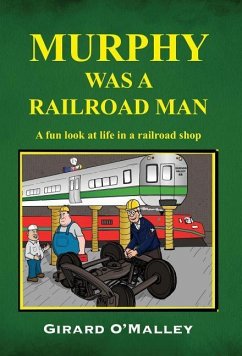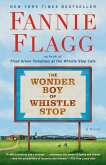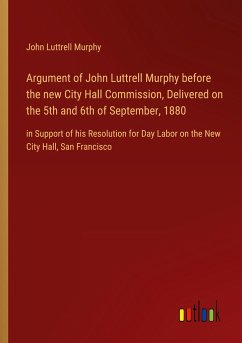Murphy was a railroad man. You know, the guy who wrote Murphy 's Law: "Anything that can go wrong, will go wrong." Yes, he must have been a railroad man. Where else would he have gotten the inspiration for his law? For on the railroad there are years and years of tradition, unhampered by modern progress. It's a place where anything that can go wrong, does go wrong, on a regular basis. This book is about the little-known world of railroad repair shops. These are places, located in railroads throughout the country, where trains are serviced and repaired. It's a hazardous and hidden world, populated by a unique breed of individuals. Our story takes place in a backwater town in upstate New York, served by the Albany-Metro Railroad. The town is named Onionville and is nestled in the foothills of the Catskill Mountains, about sixty miles southwest of Albany. It is a town born by the railroad one hundred years earlier when the Albany-Metro Railroad decided to run one of its lines to there. It is an isolated town, with only limited access, via rural roads, to outside areas. The secluded townspeople are almost self-sufficient, growing their own food, raising livestock and caring for most of their daily needs, locally. This isolation, along with occasional intermarriage, produced a group of people with limited perspective and some brain damage. Since the railroad had established a line from Onionville, a repair shop was built there. Maintenance on all the trains running to Albany was performed in that shop. The majority of the shop personnel came from the town of Onionville and were known as "Onionville boys." These men knew from their high school days that they would work for the railroad in the Onionville Shop, as most of their fathers and grandfathers had before them. In many ways, the shop resembled a halfway house, with workers trudging about, dressed in tattered clothing, sporting brain-dead looks brought about by inbreeding and the inhalation of copious diesel fumes. Everything in the Onionville Shop was done backwards. Coffee breaks were taken at 8 a.m., before work began, because it took the supervisors a half-hour to figure out what the day's assignments were. The majority of the work was given to the men who had put forth the effort in the past to learn the complexities of repairing the trains, since they were the only ones who could do the work. This rewarded the lazy with no work. Promotions to foreman were restricted to incompetent workers since the good ones couldn't be spared. This ensured a continuous group of inept foremen. Picture a shop with incompetent supervisors, untrained and unwilling workers, broken or unreliable test equipment; all working together to create chaos and mayhem. Add to the mix a Cajun shop superintendent, whose butchery of the English language created confusion and misdirection, and you've got the formula for Armageddon. Now if you've pictured all of this, you realize that Murphy must have been a railroad man, and he probably worked in the Onionville Shop.
Hinweis: Dieser Artikel kann nur an eine deutsche Lieferadresse ausgeliefert werden.
Hinweis: Dieser Artikel kann nur an eine deutsche Lieferadresse ausgeliefert werden.








